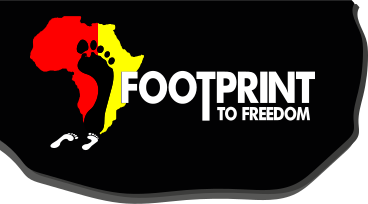Our Trash to Treasure program addresses the issue of plastic pollution, which is particularly prominent in Uganda, where large amounts of waste, approximately 28,000 tons per month, end up in landfills and the environment, causing drainage blockages and encroachment.
To tackle these environmental challenges, the program proposes a sustainable solution through the manufacturing of plastic decorations made from recycled plastic waste.
We enable participants to acquire skills in using specialized tools to transform aluminium soda cans and plastic bottles into vibrant artwork that conveys a powerful message about the value of resourcefulness.
Through this creative process, participants learn to repurpose these materials and give them new life as expressive and visually striking pieces of art.
